As aficionados of chess, we are contenders, and competition is the blood that runs through our spirited veins! Using a chess computer, taking lessons, and even studying chess books are among the many ways to improve your game. One of the most important methods of enhancing chess skills that often goes unnoticed is the act of reflection.
It was Sherry Swain who said, ?..reflection enables us to evaluate experience, learn from mistakes, repeat successes, revise, and plan.敔
Anyone who winds up being truly great at what they do has most likely immersed themselves in the act of reflection. Whether they are persons in the medical field, educators and other professionals, students, or even enthusiasts of certain past-times such as the game of chess, reflection is a task that should not be taken lightly.
Garry Kasparov once said, 揑 was on top of the world in chess because I was very good, even relentless, in challenging my own success.?
People have different ways of reflecting. Some may feel it necessary to write things down for their thoughts to be more concrete. Others, however, may be able to go through the reflection process through mere meta-cognition (thinking about one抯 thinking). Try different reflection strategies to discover which comes most natural to you. Whichever mode you prefer, the most important thing to keep in mind is to carry out the reflection process as soon as possible after your chess match, while even the minor details are still fresh in your mind.
You might be thinking about how you already reflect after a loss, in order to improve upon your skills by assessing what you should have done. 揅oulda, shoulda, and woulda?seem to be a part of our everyday lives! However, it is just as important to reflect after triumphs. It is not only advantageous, but also imperative, that you get into this habit, if your intentions are to be the best chess player you can be.
揈ven the games we win always contained mistakes?(Kasparov).
With that in mind, it is also important to know that while you intend to put so much thought and reflection into your own actions concerning a game of chess, you also need to analyze the other player抯 mistakes and achievements. You may have gotten yourself into the habit of predicting your opponent抯 next moves so that you can stay on top of your own strategies, but ask yourself: how often do you think about the other player抯 moves after the game is over? While you reflect upon your own actions, also think about what your opponent did (and didn抰 do). You can bet that if he is a good player, he will also be reflecting about his own schemes, in order to prepare himself for his next match. In his own reflections, he will be plotting new ways to seize your king. However, by predicting his reflections, you will remain one step ahead of him, and that抯 the way to ensure victory! Play the game from both sides, and reflect upon the game from both sides, as well.
Quoting Kasparov once more, ?..if we won, it was because our opponent made the last mistake.?
Reflection will help ensure that you are not the one to make that final mistake!




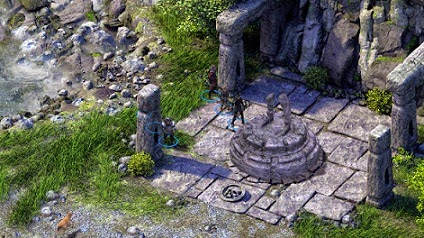
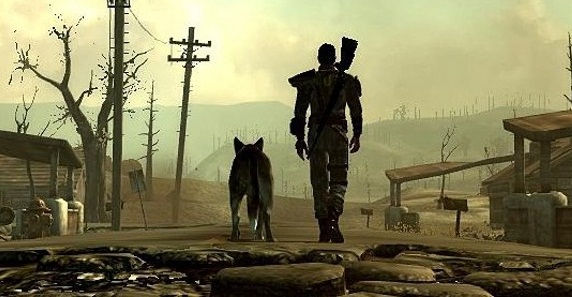
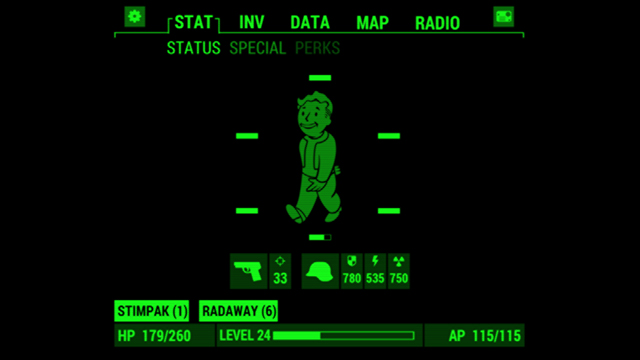 Not Using the Fallout 4 Mobile App? You're Missing Out!
Not Using the Fallout 4 Mobile App? You're Missing Out! 10 Great Gifts for the Road Warrior
10 Great Gifts for the Road Warrior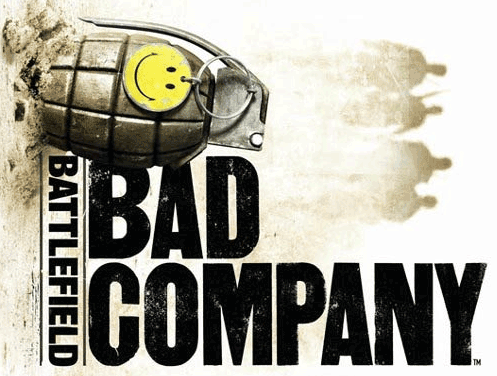 Battlefield: Bad Company Guide
Battlefield: Bad Company Guide DMC: Devil May Cry All Collectibles In Mission 2
DMC: Devil May Cry All Collectibles In Mission 2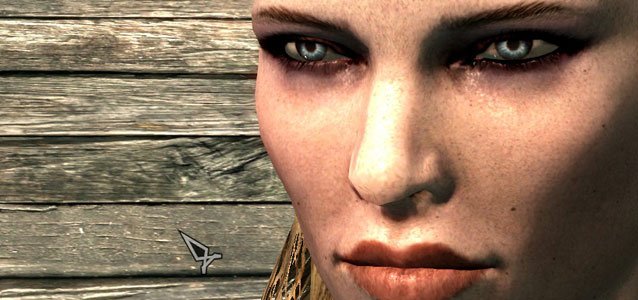 Top 5 Visual Mods for Skyrim
Top 5 Visual Mods for Skyrim